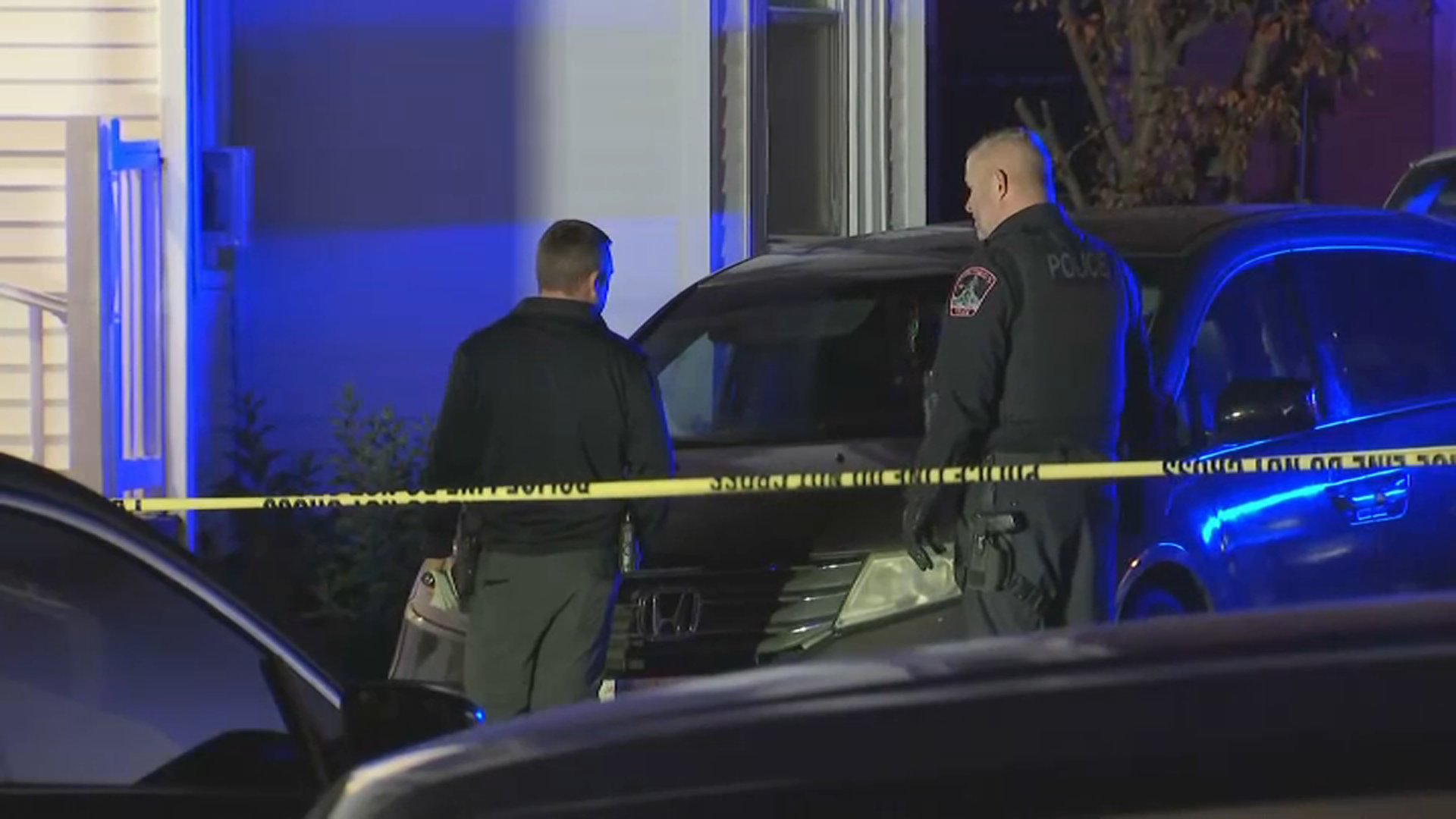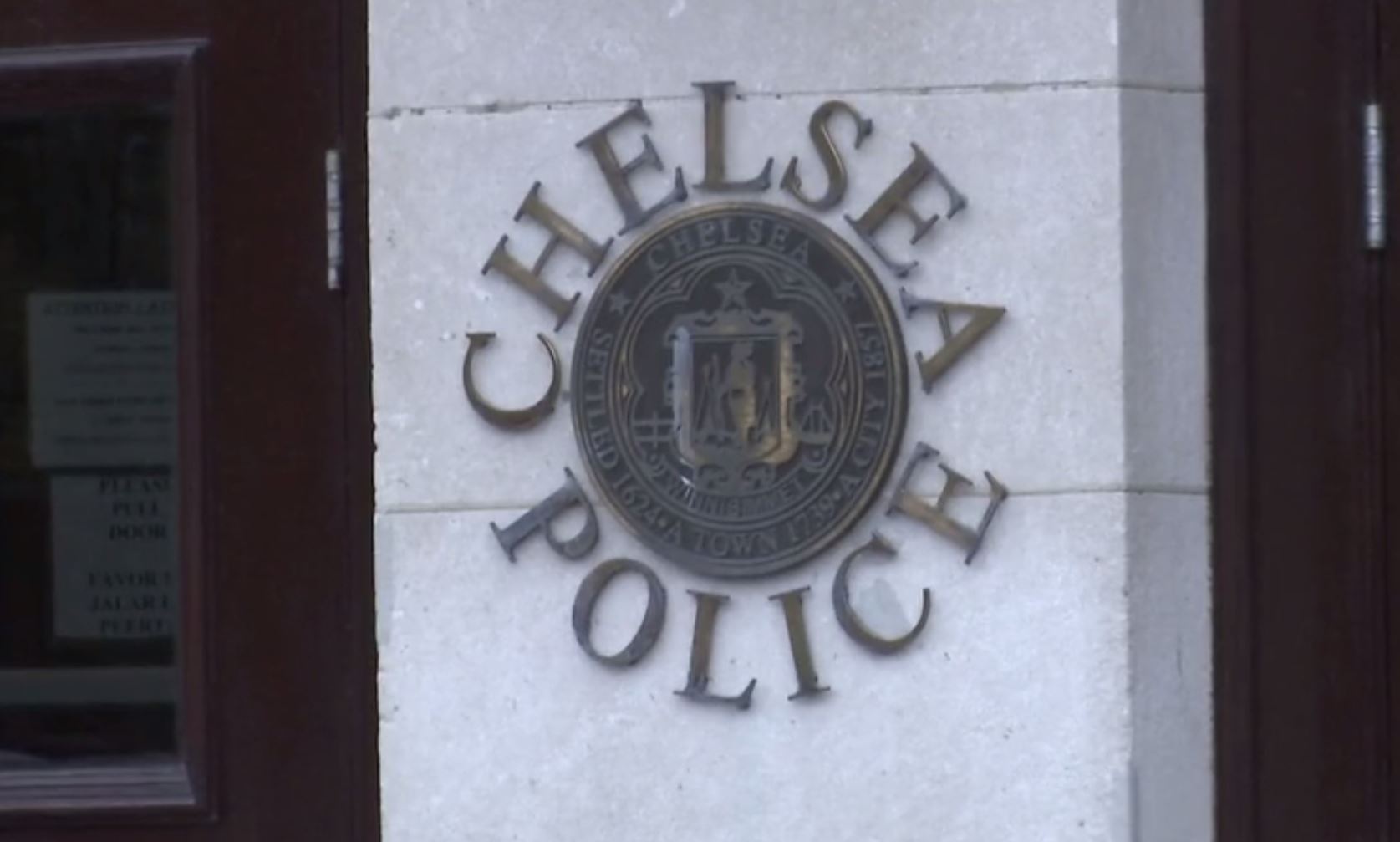Harvard University's president apologized as pressure mounted for the University of Pennsylvania's president to resign over their testimony at a congressional hearing on antisemitism that critics from the White House on down say failed to demonstrate they would stand up to antisemitism on campus.
In an interview Thursday with The Crimson student newspaper, Harvard President Claudine Gay said she got caught up in a heated exchange at the House committee hearing and failed to properly denounce threats of violence against Jewish students.
WATCH ANYTIME FOR FREE
Stream NBC10 Boston news for free, 24/7, wherever you are. |
Meanwhile, lawyers for a major donor to Penn, Ross Stevens, wrote to Penn's general counsel on Thursday to threaten to withdraw a gift valued at $100 million because of the university's “stance on antisemitism on campus" unless Penn President Liz Magill is replaced.
Gay’s and Magill's testimony have drawn intense national backlash, as have similar responses from the president of MIT who also testified before the Republican-led House Education and Workforce Committee on Tuesday. Donors, alumni and members of Congress in both parties have called for their resignations.
Get updates on what's happening in Boston to your inbox. Sign up for our News Headlines newsletter.
At issue was a line of questioning that asked whether calling for the genocide of Jews would violate the universities' code of conduct. At the Tuesday hearing, Gay said it depended on the context, adding that when “speech crosses into conduct, that violates our policies.”
Gay told The Crimson she was sorry, saying she “got caught up in what had become at that point, an extended, combative exchange about policies and procedures.”
“What I should have had the presence of mind to do in that moment was return to my guiding truth, which is that calls for violence against our Jewish community — threats to our Jewish students — have no place at Harvard, and will never go unchallenged," Gay said.
Local
In-depth news coverage of the Greater Boston Area.
Magill walked back some of her comments Wednesday, saying she would consider a call for the genocide of Jewish people would be considered harassment or intimidation. She also said she would launch a review of Penn’s policies, saying they have long been guided by the U.S. Constitution but need to be “clarified and evaluated.”
Universities across the U.S. have been accused of failing to protect Jewish students amid reports of growing antisemitism following the Oct. 7 Hamas attack on Israel. The three presidents were called before the committee to answer those accusations, but their lawyerly answers drew renewed blowback from opponents.
The White House joined the criticism of Gay, Magill and MIT President Sally Kornbluth, with a spokesperson saying calls for genocide are “monstrous and antithetical to everything we represent as a country.”
Pennsylvania Gov. Josh Shapiro, a Democrat, also called Magill's testimony “unacceptable” and urged trustees there to consider Magill's job. On Thursday night, he joined Jewish students at Penn to mark the start of Hanukkah with a menorah lighting on campus.
Penn's trustees remained quiet about Magill's future, although they were scheduled to meet this weekend, Shapiro said Friday.
The episode has marred Gay's early tenure at Harvard — she became president in July — and sowed discord at the Ivy League campus. On Thursday, Rabbi David Wolpe resigned from a new committee on antisemitism created by Gay.
In a post on X, formerly Twitter, Wolpe said “events on campus and the painfully inadequate testimony reinforced the idea that I cannot make the sort of difference I had hoped.” A statement from Gay thanked Wolpe for his work, saying he helped deepen her understanding “of the unacceptable presence of antisemitism here at Harvard.”
The Republican-led House committee announced Thursday it will investigate the policies and disciplinary procedures at Harvard, MIT and Penn. Separate federal civil rights investigations were previously opened at Harvard, Penn and several other universities in response to complaints submitted to the U.S. Education Department.
At Penn, some donors and alumni have been critical of the university’s response to antisemitic acts on campus — including a swastika drawn inside the design school building and vandalism at the Hillel chapter there — that happened before Hamas’ Oct. 7 attack on Israel.
The gift from Stevens — shares of his Stone Ridge Holdings Group — were given in 2017 to underwrite the Stevens Center for Innovation in Finance. However, in the letter, his lawyers said Penn's “permissive approach to hate speech calling for violence against Jews and laissez faire attitude toward harassment and discrimination” likely violate the donor agreement.
The letter said Stevens and Stone Ridge are open to giving Penn a chance to fix the violations “if, and when, there is a new university president in place.”
___
The Associated Press education team receives support from the Carnegie Corporation of New York. The AP is solely responsible for all content.
___
Levy reported from Harrisburg, Pennsylvania.



